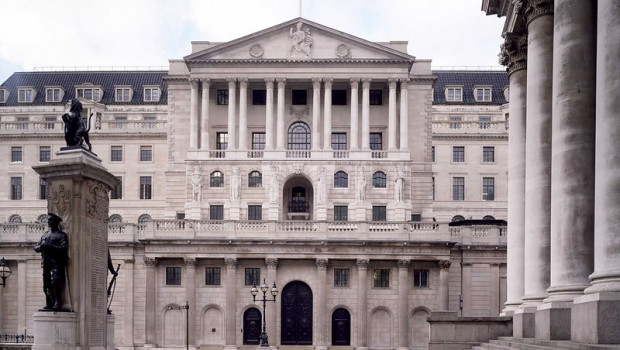UK public sector net borrowing jumps in July on higher debt servicing costs

Britain's public sector borrowed more than expected last month amid increased costs for servicing its debt and rising social assistance payments.
According to the Office for National Statistics, the country's public sector net borrowing increased by £4.9bn in July (consensus: £3.2bn).
That was also more than the £0.2bn anticipated by the Office for Budget Responsibility.
However, as Samuel Tombs, chief UK economist at Pantheon Macroeconomics pointed out, PSNB for the first three months of the fiscal year was revised lower by a combined £5.4bn to £50.0bn.
Pushing debt interest payments higher were the rise in yields on index-linked debt and the cost of financing the Bank of England's Asset Purchase Facility.
Hence, accrued debt interest payments came in at £5.8bn for the month, whereas OBR had penciled-in a rise of £3.9bn, he said.
Social assistance payments meanwhile rose by £2.2bn year-on-year due to the Cost of Living grants of £326 for many working age recipients of benefits.
That pushed government expenditures up to £84.0bn (OBR: £79.4bn), while on the revenue side, current receipts of government printed at £78.2bn (OBR: £79.0bn).
Looking further ahead, Tombs said that if the OBR were to revise its forecasts now, it would likely forecast borrowing of £150bn for the current fiscal year and not £99bn.
Tombs also noted that current inflation was of the "wrong kind" for Treasury's revenues, as value added tax on food is zero and for natural gas just 5%.
"As a result, the reallocation of households’ expenditure from other goods and services towards food and energy will act as a drag on overall tax receipts," he said.
-- More to follow --